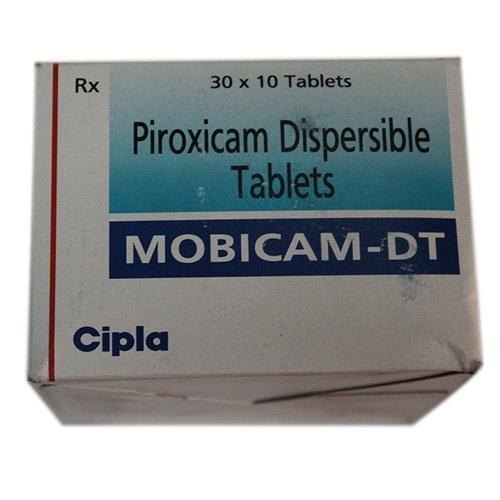granicip
Introduction to Granicip
Granicip is a medication primarily used to prevent and treat nausea and vomiting, especially in patients undergoing chemotherapy, radiation therapy, or surgery. It is particularly beneficial for cancer patients, helping them better tolerate their treatments and avoid complications like dehydration or weakness due to frequent vomiting.
Composition of Granicip
The active ingredient in Granicip is Granisetron, which works by blocking serotonin, a natural substance in the body that can trigger vomiting. This action helps in effectively preventing nausea and vomiting.
Uses of Granicip
- Prevention of nausea and vomiting caused by chemotherapy.
- Prevention of nausea and vomiting caused by radiation therapy.
- Prevention of nausea and vomiting after surgery.
- Improving patient comfort during cancer treatment.
Side Effects of Granicip
Common Side Effects:
- Headache
- Constipation
- Dizziness
- Fatigue
Serious Side Effects:
- Allergic reactions
- Irregular heartbeat
- Severe constipation
- Chest pain or trouble breathing (seek medical help immediately)
Precautions of Granicip
People who are allergic to Granisetron or similar drugs should not take it. It should be used with caution in patients with heart conditions, severe constipation, or liver problems. Pregnant women should consult a doctor before using it, as safety data is limited.
How to Take Granicip
- For adults, the usual oral dose is 1-2 mg once or twice daily before chemotherapy.
- For intravenous use, 1 mg is given before chemotherapy.
- In children, dosing is based on weight, typically 40 mcg/kg IV.
- Always follow the doctor's recommendations.
Conclusion of Granicip
Granicip is an effective medication for preventing nausea and vomiting associated with cancer treatments and surgery. While it offers significant benefits, it is important to be aware of its side effects and take necessary precautions. Always consult with a healthcare professional before starting any new medication.

Similar Medicines
More medicines by Cipla Ltd
Available in 3 variations

vial of 3 ml Injection

strip of 4 tablet dt

Granicip 1mg Syrup
bottle of 10 ml Syrup















.svg)
